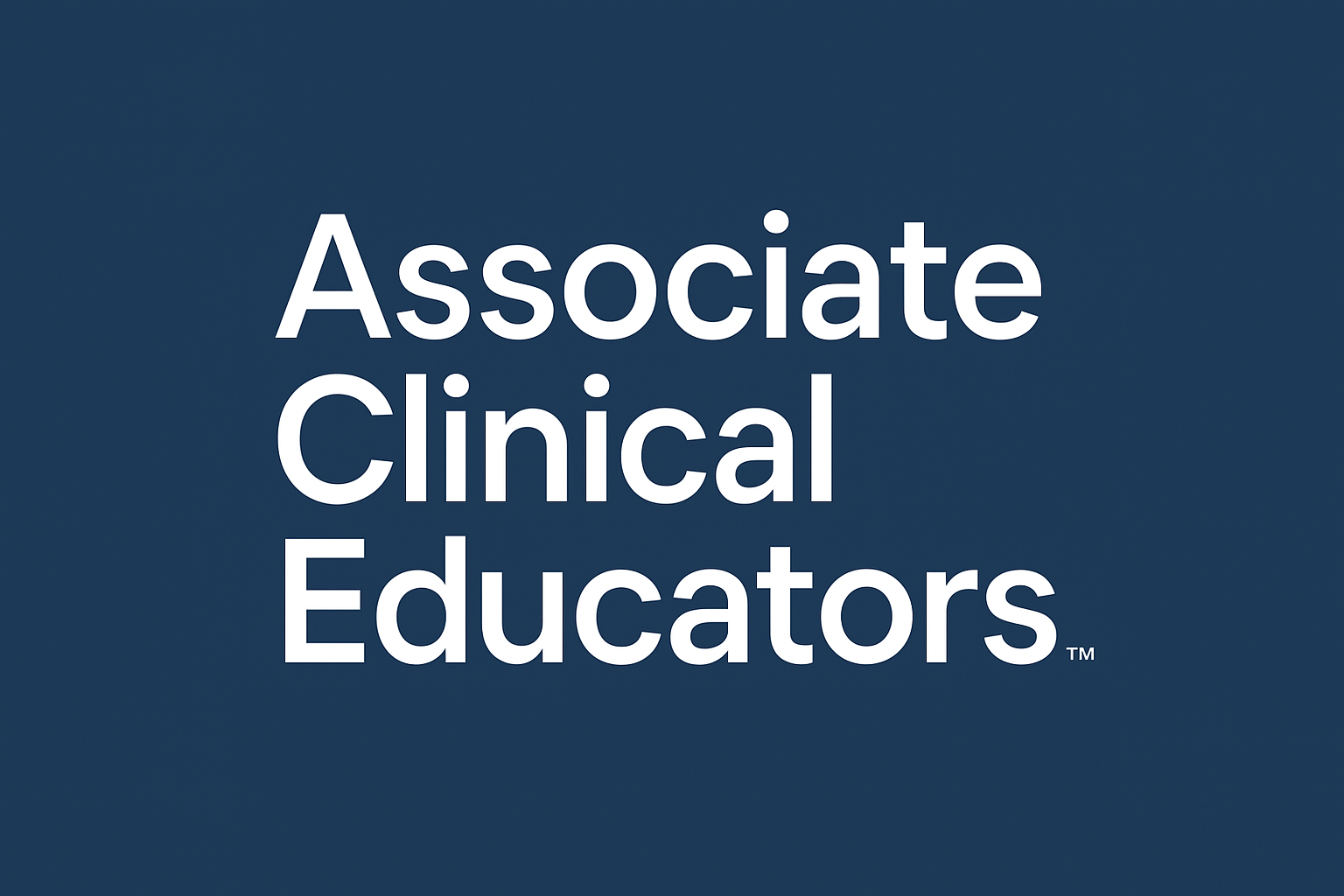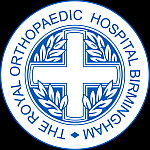Meducate Academy ACE Recruitment & Training Programme
Meducate Academy recently embarked upon a continuing ACE recruitment and training programme with candidates who had expressed an interest in our ACE training schedules. We emphasised that the role we play is vital in ensuring a...
Read More

